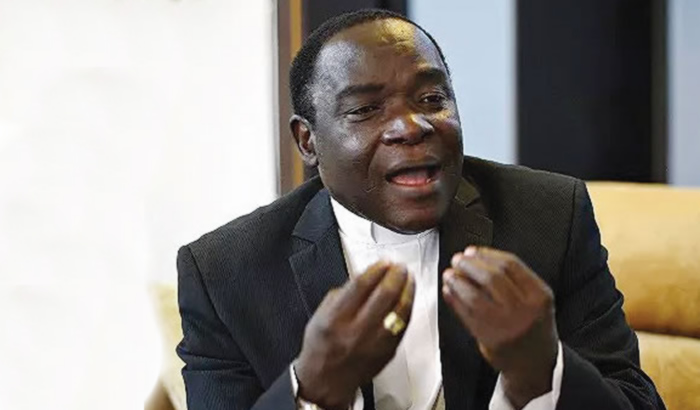Nigeria Needs Unity, Not A Blame Game – Ngozi Okonjo Iweala Calls For A New Social Contract
dr. Ngozi Okonjo Iweala, WTO Director-General Urges Nigeria to Move Beyond Political Infighting and Focus on Sustainable Development
Dr. Ngozi Okonjo Iweala, the Director-General of the World Trade Organization (WTO), has called for a united effort to address Nigeria’s economic challenges, urging the nation to move past the blame game that has hindered progress. Speaking at the Nigerian Bar Association Annual Conference at Eko Hotel in Lagos, Okonjo-Iweala delivered a keynote address titled “A New Social Contract for Nigeria’s Future”, emphasizing the need for consistent policies and collective action.
“Nigeria today is not where it should be, and our country has not progressed as it should have. That is why, more than 60 years after independence, we are still discussing nation-building. But we must shift our focus from blame games to concrete actions that tackle present and emerging challenges.”
Okonjo-Iweala stated
The former Nigerian finance minister compared Nigeria’s development trajectory with other nations that were once on par with the country, noting how countries like South Korea, Peru, and India have significantly outpaced Nigeria in economic growth.
“Back in the 1960s, Nigeria’s per capita income was comparable to that of South Korea but today, South Korea’s per capita GDP is 20 times higher than ours. This stark contrast shows that while other nations have taken bold steps to diversify and grow their economies, we have been left behind.”
Okonjo-Iweala also criticized the lack of policy continuity in Nigeria, highlighting the negative impact of what she termed the “not-made-in-my-administration syndrome,” where successive governments fail to build on the successes of their predecessors, leading to economic stagnation.
“To minimize the volatility of economic and social policy and to set our country on a steady growth and development path, Nigeria needs a social contract. By this, I mean a fundamental agreement across political parties and society that certain policies and principles are sacrosanct and must not be altered with each change in administration.”
she explained.








